David Schalliol an assistant professor of sociology at St. Olaf College and principal with Scrappers Film Group – an organization interested in the relationship between community and place.
His photographs and writing have appeared in such publications as MAS Context, Social Science Research, and The New York Times, as well as in exhibitions and collections including the 2015 and 2017 Chicago Architectural Biennial, the inaugural Belfast Photo Festival, and the Museum of Contemporary Photography. He is the author of Isolated Building Studies (Utakatado 2014) and co-author with Michael Carriere of The City Creative: The Rise of Placemaking in Urban America (Forthcoming from The University of Chicago Press).
Schalliol additionally contributes to documentary films, including Almost There (ITVS/Kartemquin Films, 2014) and Highrise: Out My Window (National Film Board of Canada, 2011), an interactive documentary that won the 2011 International Digital Emmy for Non-Fiction. His directorial debut, The Area, premiered at the Full Frame Documentary Film Festival in April 2018 and is screening around the country. Schalliol earned his BA from Kenyon College, and his MA and PhD in the Department of Sociology at The University of Chicago.
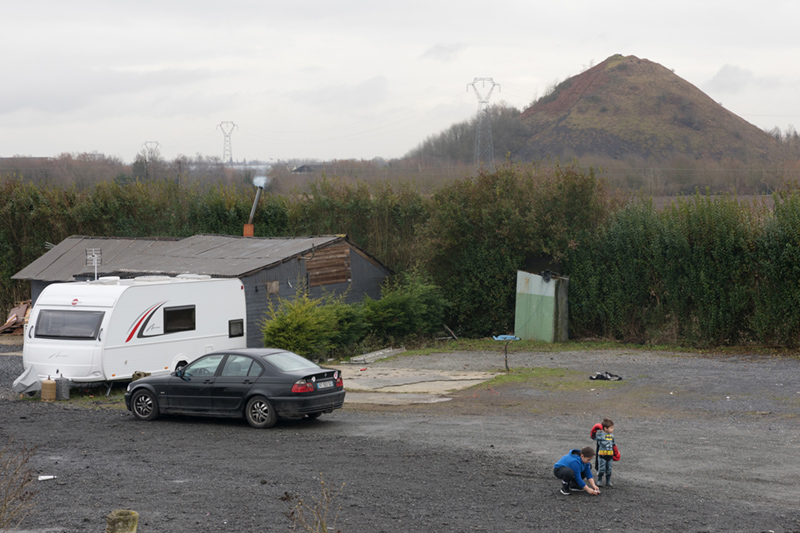

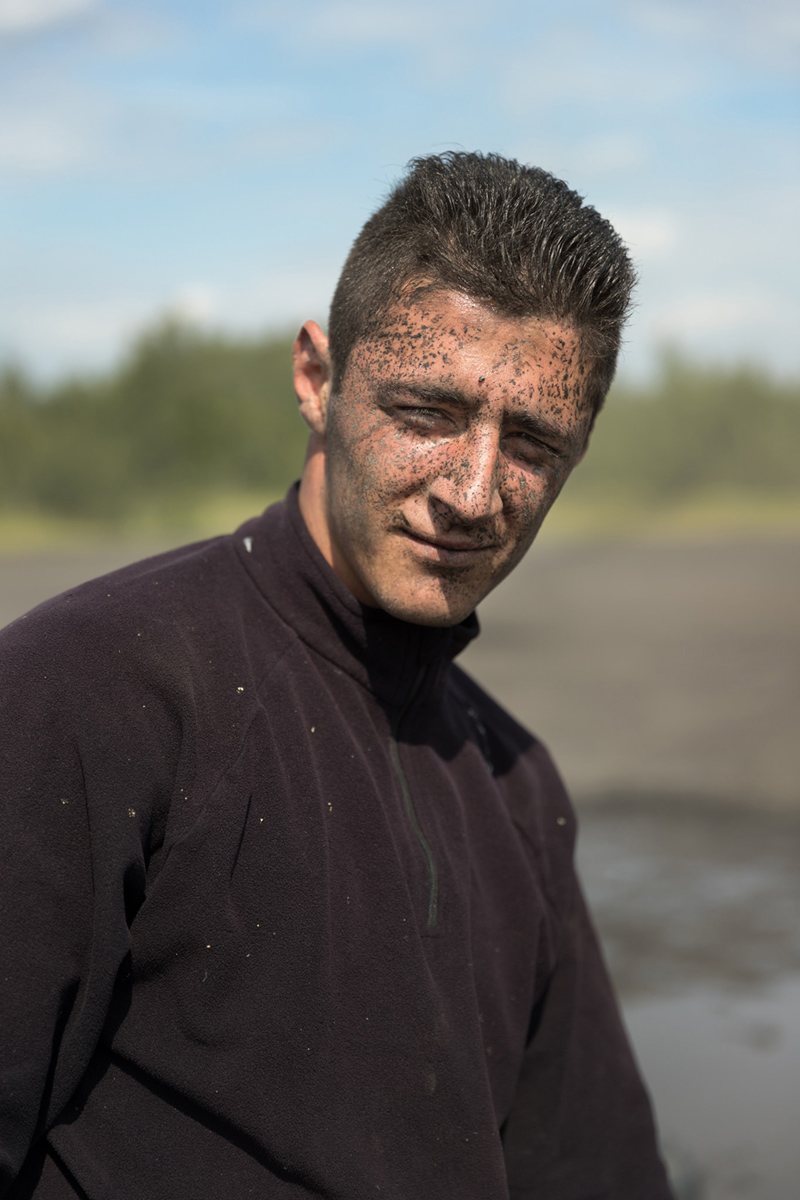
Hauts-de-France Mining Basin
In summer 2016, presidential candidate Donald Trump was campaigning to reinvigorate the United States coal industry. I was in Hauts-de-France at this time, a region so entangled with coal it contains the only UNESCO World Heritage-listed mining basin. But for this 72-square-mile cultural landscape of power plants and spoil tips, company towns and coal cars are critically different from the Rust Belt of now-President Trump’s attention: French coal mining ceased more than a decade ago, and Hauts-de-France seeks another path to resilience.
In this place of production and change, questions about the past and future have always been intertwined: “During boom times, could people find a place to live in such small towns?” “How would they survive if the mines closed?” Now that France wrestles with the latter, it must address the consequences of deindustrialization. Despite the nation’s generous social welfare system, Hauts-de-France has the country’s highest poverty and unemployment rates, and while the region has rejected coal, the substitute proposals are starkly different. Some argue for the adaptive reuse of spoil tips as the centerpiece of ecotourism, whereas others agitate for labor market restrictions fueled by xenophobic nationalism.
This project unpacks these dynamics in the social and physical landscapes, among subcultures defined by life amid outmoded infrastructure and housing built for workers no longer needed. Here, the public face of masculinity is being reworked in tandem with the employment structure, and the only certainty is that coal is not the future. In this context – my family’s homeland – I ask questions including, “How do we make use of what is left behind?” “How does the past inform our current identities?,” and “How do we craft a future for all of us?”
—
Hauts-de-France Mining Basin is the U.S. contribution to “Resilient Images,” a multi-year artistic and institutional collaboration, residency exchange, and two-part exhibition between Hyde Park Art Center and Centre Regional de la Photographie Hauts-de-France supported by the John D. and Catherine T. MacArthur Foundation’s International Connections Fund, the French Consulate, Institut Français, and the France Chicago Center at The University of Chicago.
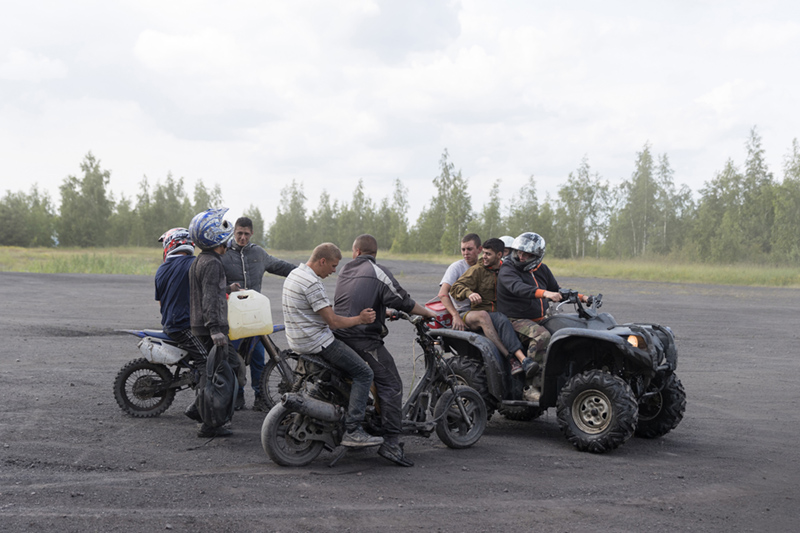
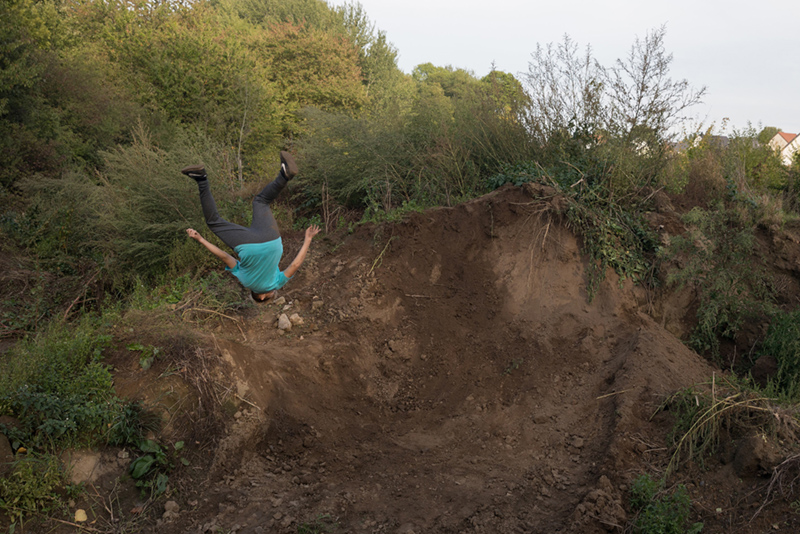
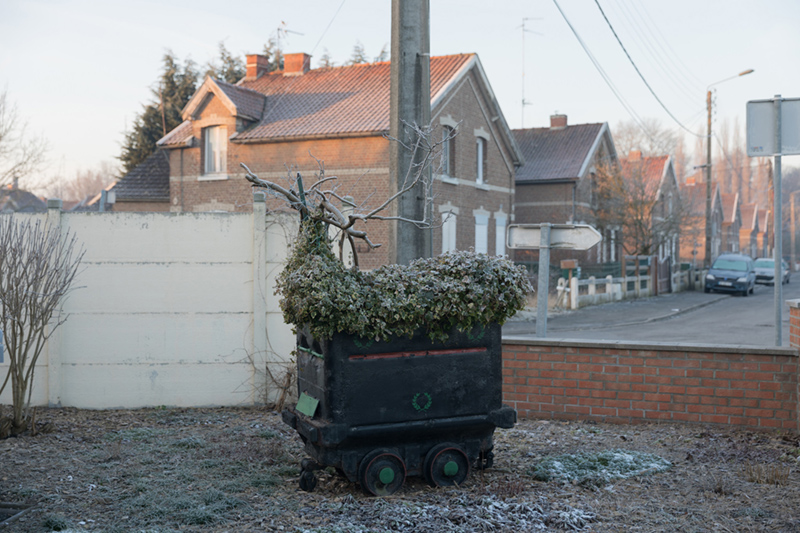
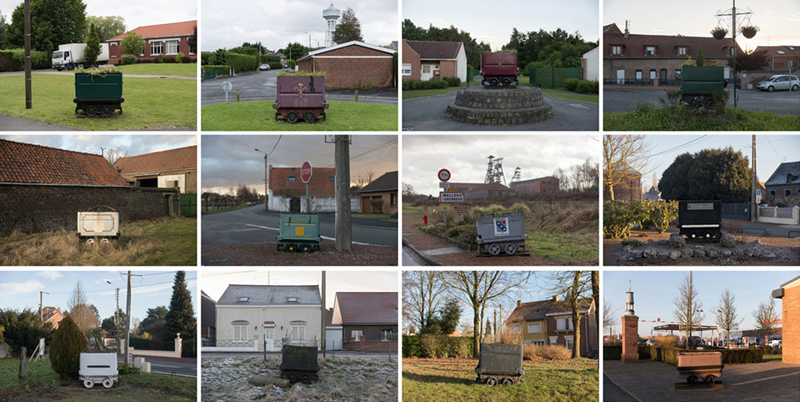

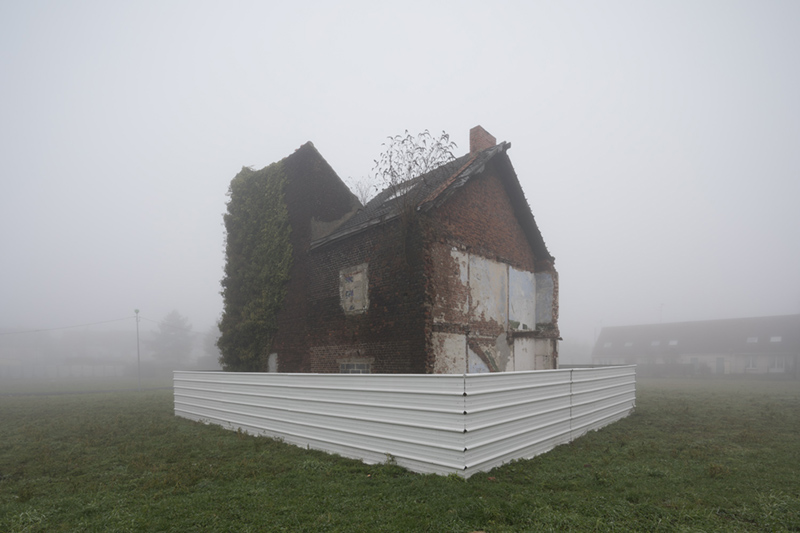
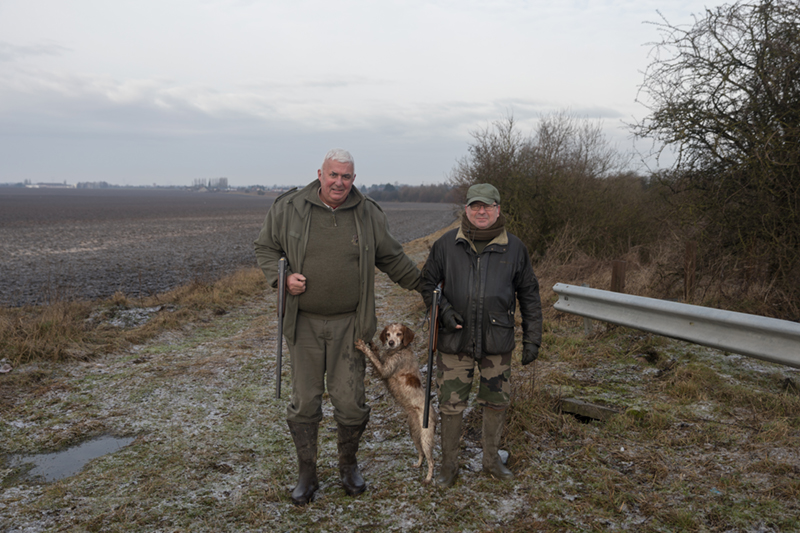
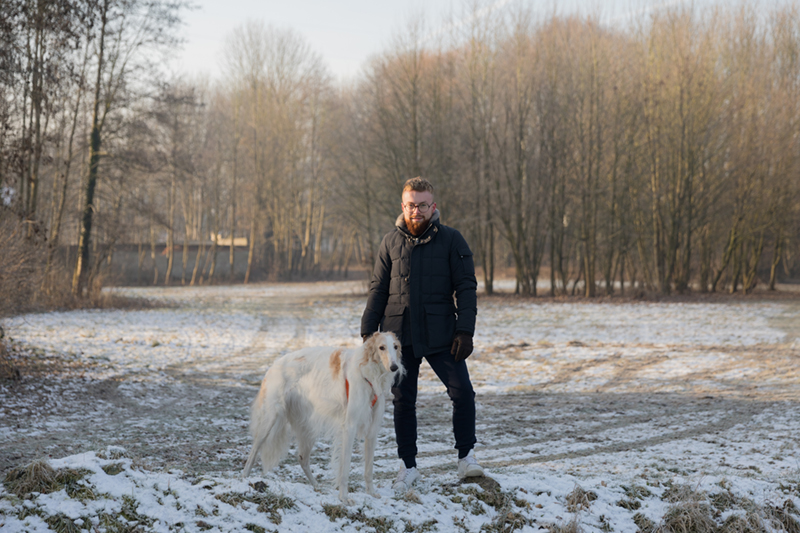
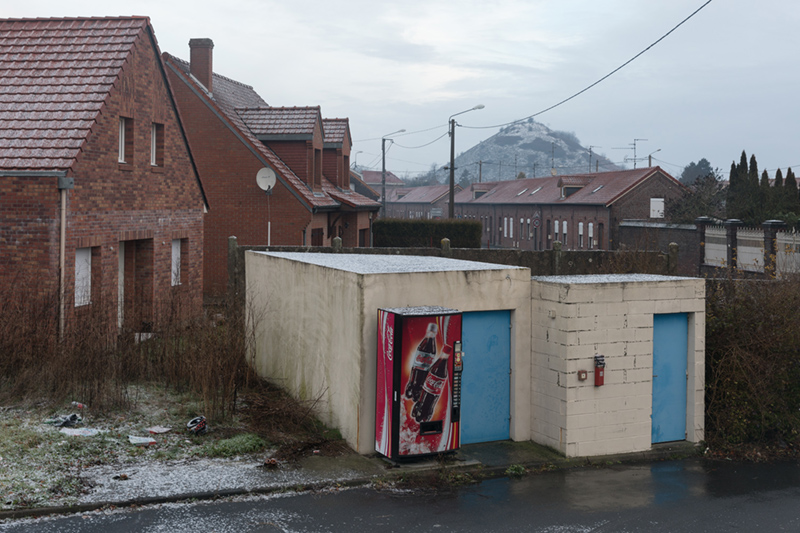
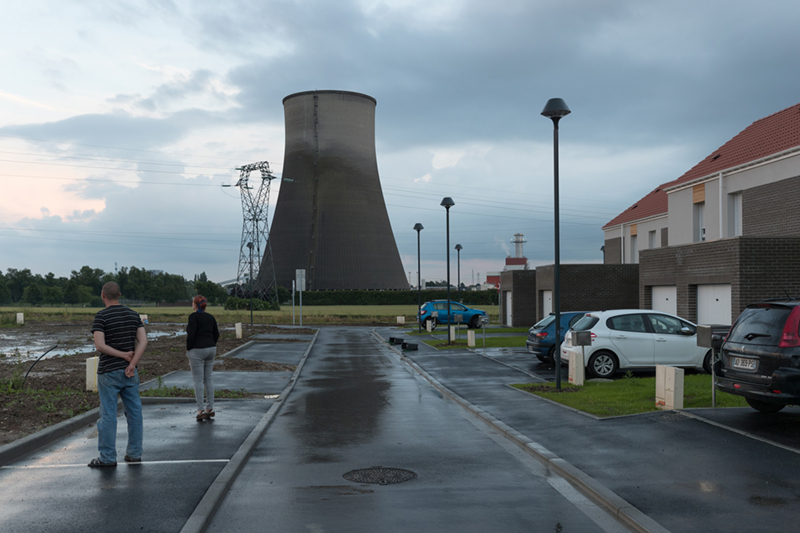
To view more of David Schalliol’s work please visit his website.